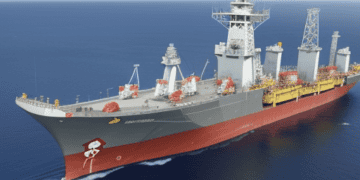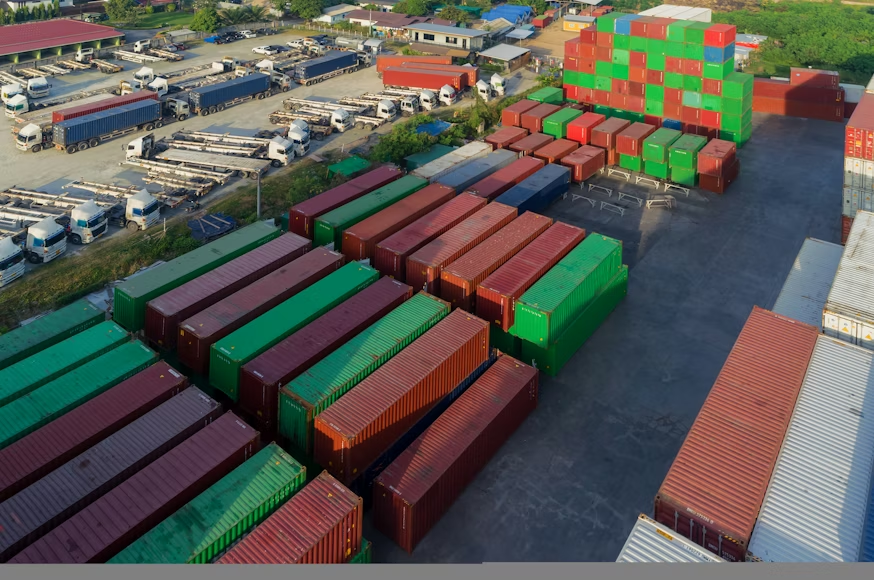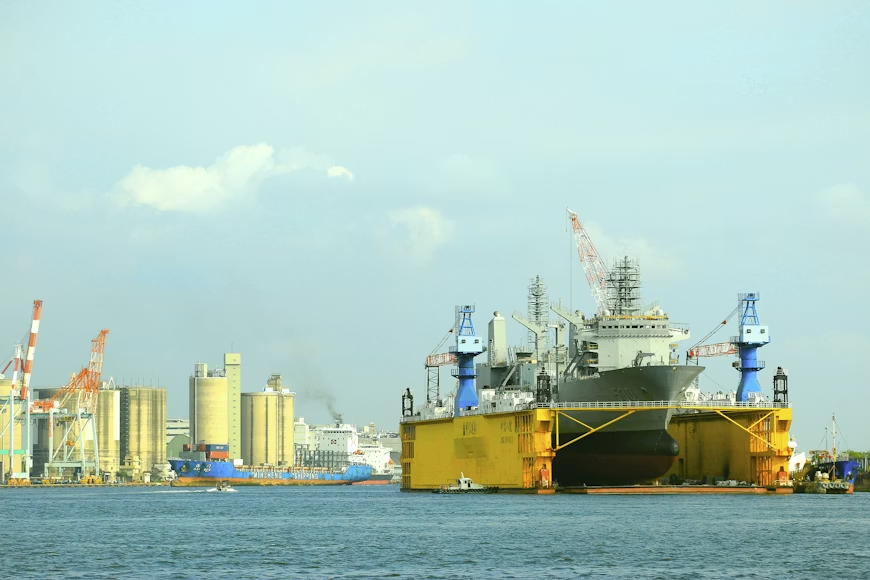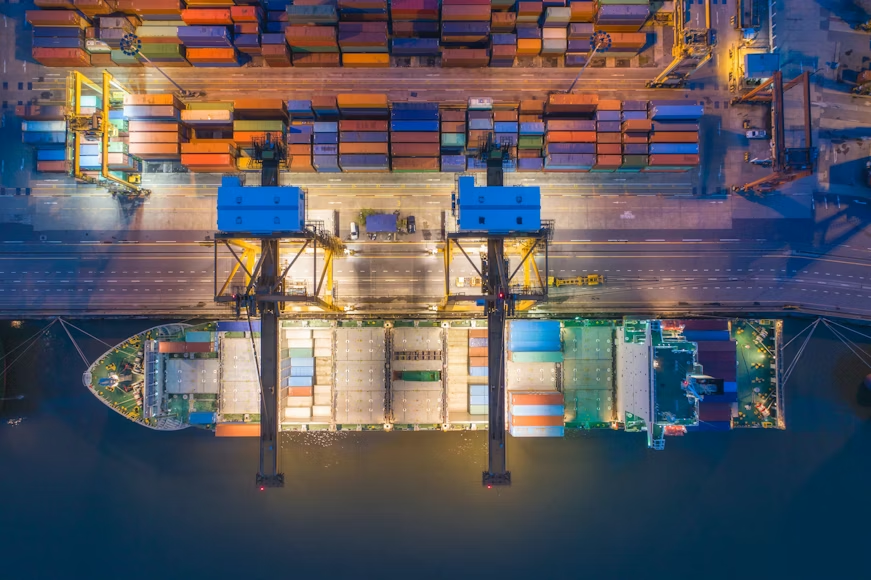Malaysian Prime Minister Anwar Ibrahim’s recent official visit to China revealed tensions over Malaysia’s oil and gas exploration in the South China Sea, sparking Chinese concerns. During discussions, Chinese officials questioned Malaysia’s activities in the exclusive economic zone (EEZ), particularly the exploration conducted by state-owned energy company Petronas. Despite assurances from Anwar that Malaysia considers the area within its territory, Beijing’s increasing efforts to discourage Kuala Lumpur from exploiting energy resources have become evident.
China, asserting sovereignty over 90 percent of the South China Sea through its “nine-dash line,” has consistently opposed activities within the EEZs of countries like Vietnam, the Philippines, Malaysia, Brunei, and Indonesia. An international arbitration panel ruled against Beijing’s claims in 2016, emphasizing countries’ rights to exploit natural resources within their EEZs.
Analysts note that Beijing, aware of Malaysia’s deep economic ties with China, could exert economic leverage to influence Kuala Lumpur’s stance. China has been Malaysia’s largest trading partner for 14 consecutive years, with bilateral trade reaching $203.6 billion in 2022.
The disputed exploration site, believed to be the Kasawari gas field off the coast of Sarawak state in Malaysian Borneo, has been a point of contention. Chinese vessels and aircraft have entered the area in recent years, leading to protests from Kuala Lumpur. Greg Polling, director of the Asia Maritime Transparency Initiative, highlights the historical focus of the Chinese Coast Guard on disrupting operations in drilling sites like Kasawari.
Despite these tensions, both Beijing and Kuala Lumpur have exercised restraint in public diplomatic communications to avoid escalating the situation. China aims to maintain a positive relationship with Malaysia under Anwar’s leadership. The Kasawari gas field, a significant asset for Malaysia’s oil and gas industry, is expected to contribute substantially to the country’s export earnings and meet domestic energy needs.
The South China Sea remains a complex geopolitical issue, the economic significance of energy resources heightens the stakes for Malaysia. The Kasawari gas field, with its vast reserves, is pivotal for sustaining Petronas as a leading global exporter of liquefied natural gas. Malaysia’s oil and gas sector constitutes approximately 20 percent of the country’s GDP, underlining the economic importance of resolving tensions in the South China Sea for both nations.
Stay current with supply chain report news at The Supply Chain Report. For international trade tools, see ADAMftd.com.
#MalaysiaChinaTensions #SouthChinaSea #OilAndGasExploration #Petronas #KasawariGasField #ExclusiveEconomicZone #ChinaSovereignty #EnergyResources #GeopoliticalChallenges #MalaysiaChinaRelations #BilateralTrade #SouthChinaSeaDisputes #ChinaEconomicLeverage #PetronasEnergy #GlobalEnergySecurity #AsiaMaritime #LNGExports #MalaysianEnergy #ChinaCoastGuard #SouthChinaSeaConflict
















